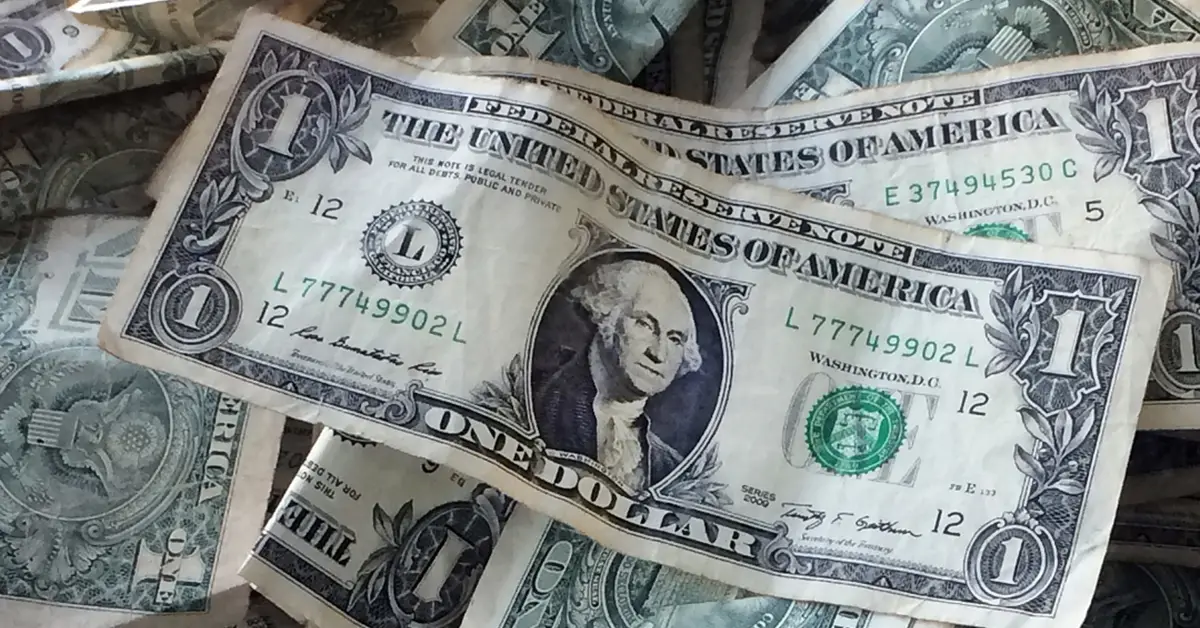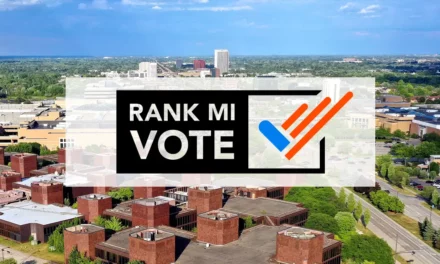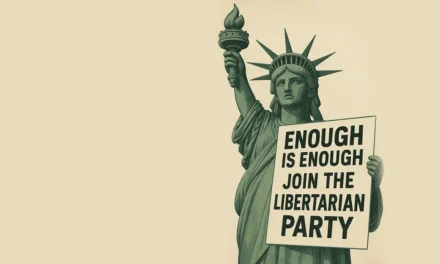Amidst all the hub-bub about what President Trump’s so-called One Big Beautiful Bill will do to the budget deficit, it’s important to remember one thing: they signal taxes that are way too high.
Sound counterintuitive? It wouldn’t be the first such head-scratcher regarding taxes. A recent personal example might help explain.
My oldest daughter graduated from UT-Austin last month. Her mom and I helped her get a car. After we each kicked in some of the $6K price as a gift, she had to take out a loan for the rest, much like my parents did with me for high school graduation.
However, she needed me to co-sign since she’s had only part-time income, and no credit history (I strongly advise her and her sisters to stay away from credit cards). Three decades in the workforce, and loans for college, cars and homes mean I’m a safe backstop for her.
It’s fairly similar with Uncle Sam.
Investors who have gobbled up his bonds, to the tune of a $37T national debt, know that a mostly-free market will continue to allow entrepreneurs and the labor force to be productive enough to pay the interest via the taxes we pay.
This is also what allows politicians to spend as much as they do. Whether it’s on government programs, pet projects back home, subsidies to items favored by campaign donors, etc. The productivity of the American people makes political profligacy possible.
Because of this, there’s really only one solution to our debt/deficits problem, such as it is: decrease the flow of tax revenue to the treasury. This can be done in one of two ways: drastically raise tax rates, or drastically reduce them.
The main thing is that when your income rises, you become a safer credit risk. Your borrowing limit rises. Lenders have a higher degree of confidence that they’ll be repaid, and earn interest along the way. And vice versa.
If debt/deficits are of paramount importance, taxes need to be reduced to the point where investors aren’t sure Uncle Sam can bring in enough to repay them. Perhaps it goes without saying that this would also bode well for growth.
The extent to which government leaders, or those in the media, academia, etc. understand all this is debatable. Whatever the case may be, it’s simple logic, and it yields to no philosophical belief to the contrary.
Christopher E. Baecker teaches economics at BASIS Charter School and Northwest Vista College in San Antonio, and is Editor & Policy Director at InfuseSA. He can be reached via email, Facebook or Twitter.
The opinions shared here do not necessarily represent the official position of the Libertarian Party. These editorial articles have been submitted by Libertarians across the country, and featuring these topics does not represent an endorsement of the content therein.






There is another ballot option that I've never heard expresses. I'm talking about mail-out ballots. Voters receive their ballots in…
I find it odd that this article makes reference to the cases of Alaska and Maine (Quote: "The states of…
A new Hope Biography: Reid graduated from UC Berkeley Engineering with 10 years design experience working on Shuttle, F16, and…
Fascist Deep State World Mystery Secret Brotherhood Babylonian Saturn Negative Energy Code Druid's Greatest Secret Occult https://www.youtube.com/watch?v=KxTYwNADspM
Thanks for helping elect this right wing carpet bagger. Can’t wait!